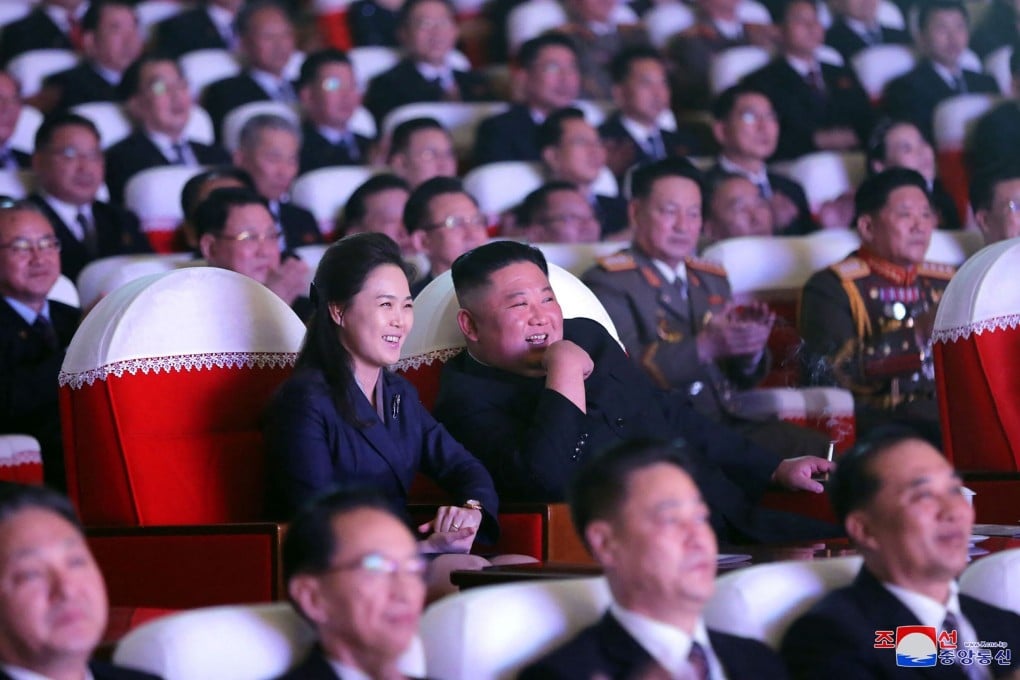Advertisement
Is North Korean dictator Kim Jong-un learning to delegate?
- The ‘Supreme Leader’ is believed to have created a post of ‘first secretary’ to operate as his second-in-command, relieving him from tedious office work and freeing him up to concentrate on more pressing strategic policy concerns
- It may be an effort to rehabilitate the country’s international image, experts say, but few expect Kim to become any less dictatorial or power hungry
Reading Time:4 minutes
Why you can trust SCMP
1

Kim Jong-un, North Korea’s Supreme Leader and the bearer of a dizzying array of military and party titles, is learning the value of delegating a busy workload.
Advertisement
In recent months, Kim has signed off on the creation of a number of high-ranking positions for trusted figures, while state media have begun to portray meetings of the ruling Workers’ Party as a collaborative affair where decisions are made as a group.
In January, Kim, who took power following the death of his father Kim Jong-il in 2011, presided over a rare congress of the Workers’ Party that reportedly voted to amend party rules to create a de facto second-in-command.
Advertisement
The “first secretary” would be empowered to chair meetings of the party on behalf of Kim, according to unnamed sources quoted by South Korea’s Yonhap News, which first reported the creation of the new position.
There are no signs Kim is loosening his grip on power, analysts say, with the dynastic leader exerting something akin to absolute power in the hyper-authoritarian North. Among his many grandiose titles, Kim goes by General Secretary of the Workers’ Party, Chairman of the Central Military Commission, and President of the State Affairs of the Democratic People’s Republic of Korea (DPRK), referring to the North’s official name.

Advertisement